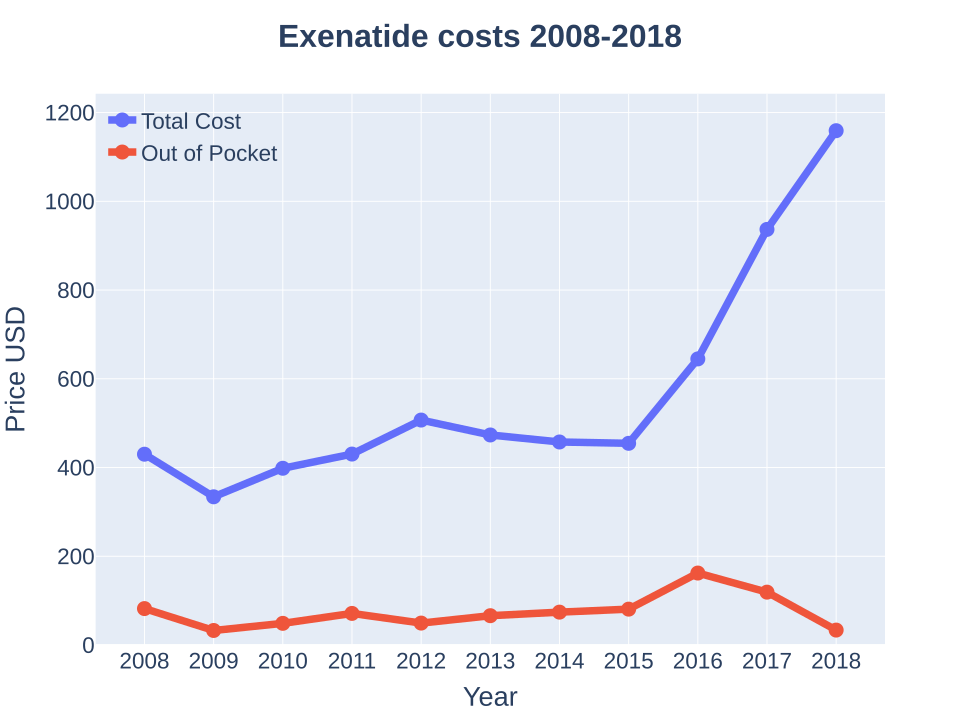Proactive Steps for Preserving Sperm Health: A Guide for Future Dads

In an age where reproductive health is garnering increased attention, understanding the factors influencing sperm health has become critical for men aspiring to fatherhood. Experts highlight that proactive measures can significantly enhance a man’s fertility and overall well-being.
Sperm health is characterized by three essential parameters: sperm count, motility, and morphology. Sperm count refers to the number of sperm present in a sample, with a higher count generally increasing the chances of successful fertilization. Motility describes the ability of sperm to move efficiently, which is crucial for reaching and fertilizing an egg. Morphology concerns the shape and structure of sperm; normal-shaped sperm are more capable of penetrating an egg, a prerequisite for conception.
The implications of sperm health extend beyond immediate conception; they can affect the health of future generations. Research indicates that optimal sperm health is associated with reduced risks of genetic disorders and improved overall offspring well-being.
The journey to becoming a father involves not only envisioning a family but also taking concrete steps to preserve sperm health. Various lifestyle factors significantly influence sperm quality. According to Dr. Sarah Johnson, Professor of Reproductive Medicine at Yale University, “Lifestyle choices such as smoking and excessive alcohol consumption are detrimental to sperm health. Regular exercise and a balanced diet can mitigate these effects.” (Johnson, 2023).
Smoking has been shown to decrease sperm count and motility due to the multitude of toxins in cigarettes. Likewise, excessive alcohol intake can impair sperm production and function. In contrast, maintaining a healthy weight through regular physical activity can foster better hormonal balance, which is essential for sperm production.
Dietary considerations are equally vital. A balanced diet rich in antioxidants—such as those found in fruits and vegetables—can improve sperm quality by reducing oxidative stress, which damages sperm cells. Foods high in zinc, such as red meat, shellfish, and legumes, play a crucial role in sperm production and testosterone metabolism. Omega-3 fatty acids, found in fish like salmon and mackerel, are essential for maintaining healthy sperm structure. Dr. Emily Chen, a nutrition expert at Stanford University, emphasizes, “Incorporating foods rich in antioxidants and essential nutrients can significantly enhance sperm health.” (Chen, 2022).
Environmental and occupational hazards also impact sperm quality. Exposure to environmental toxins—including pesticides and heavy metals—can severely affect sperm production and function. According to a 2021 report by the World Health Organization, minimizing exposure to such hazards is imperative for preserving reproductive health.
To actively boost sperm health, men are encouraged to prioritize a balanced diet, maintain a healthy weight, and minimize stress. Chronic stress has been linked to hormonal imbalances that can adversely affect sperm production. Implementing stress-reduction techniques, such as mindfulness meditation and yoga, can help manage stress levels effectively. Additionally, ensuring adequate sleep is vital; studies suggest that seven to nine hours of quality sleep per night supports hormone regulation and overall health.
Hydration is another essential factor; adequate water intake supports bodily functions, including sperm production. Men should aim for at least eight glasses of water daily.
In conclusion, the proactive steps taken today towards preserving sperm health are investments in future fertility and familial well-being. By adopting healthier lifestyle choices, men can significantly enhance their reproductive capabilities and pave the way for a smoother journey into fatherhood. As we enter an era of increased awareness regarding male reproductive health, it is crucial that men take these factors seriously to ensure they are prepared when the time to start a family arrives.
**About the Author**: Prof. (Dr.) Saransh Jain is a distinguished Certified and Licensed Sexologist by the American Board of Sexology. He serves as a Senior Consultant at Dr. SK Jain’s Clinic and is the recipient of the Swasth Bharat Rattan Award for his contributions to sexual health research. His work aims to bridge the gap in sexual health education and advocate for informed decisions surrounding reproductive health.
Advertisement
Tags
Advertisement





